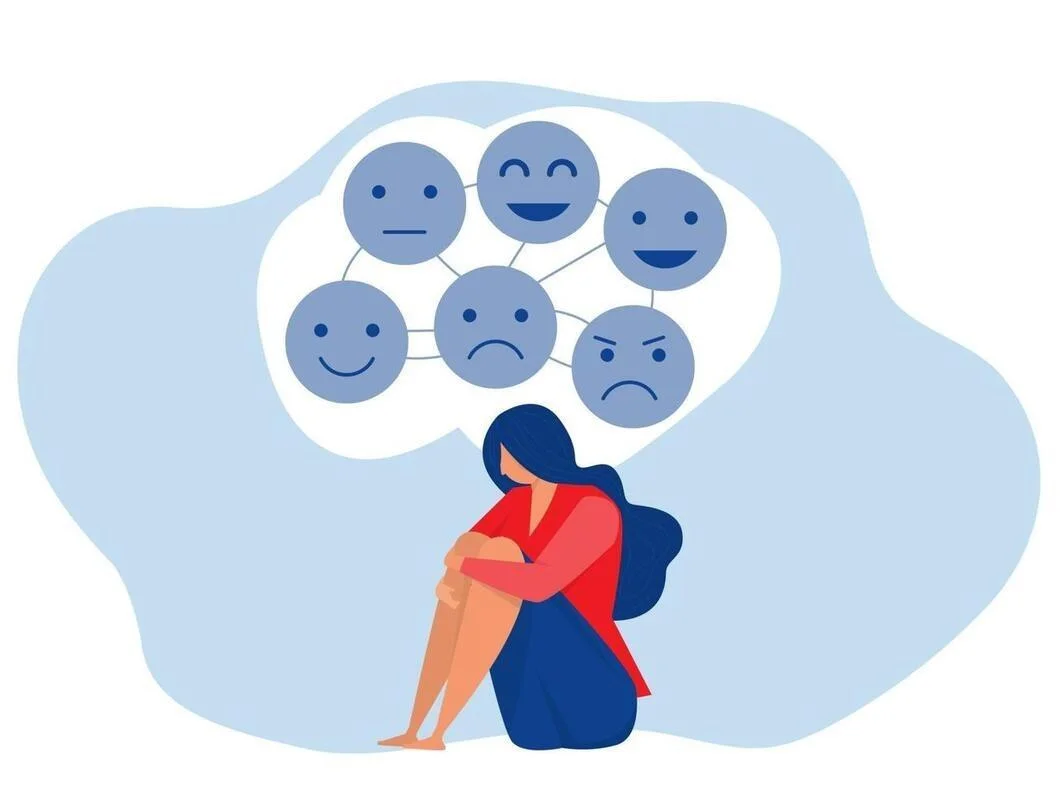Introduction
Bipolar disorder treatment in Delhi has gained significant attention due to the growing awareness of mental health. This mental health condition, characterized by extreme mood swings ranging from manic highs to depressive lows, affects millions globally. With timely care and interventions, individuals with bipolar disorder can lead fulfilling lives. Delhi offers diverse treatment options and support services to manage this condition effectively. This guide explores seven key aspects of bipolar disorder treatment in Delhi.
What is Bipolar Disorder?
Bipolar disorder is a chronic mental health condition that impacts mood, energy, and activity levels. It is marked by alternating episodes of mania, hypomania, and depression. Proper diagnosis and treatment are vital to managing symptoms and improving the quality of life for those affected.

For Best Bipolar Disorder Treatment in Delhi consider visiting:
1. Importance of Early Diagnosis
Early diagnosis is essential for effective bipolar disorder treatment in Delhi. Mental health clinics and hospitals across the city provide comprehensive evaluations using evidence-based diagnostic tools. Detecting the disorder at an early stage helps ensure faster recovery and symptom management.
For detailed information about mental health assessments, visit the nimh.nih.gov
2. Psychotherapy as a Core Treatment
Therapy plays a central role in bipolar disorder treatment in Delhi. Popular therapeutic approaches include:
- Cognitive Behavioral Therapy (CBT): Assists in identifying and transforming negative thought patterns.
- Interpersonal Therapy: Focuses on resolving conflicts and improving relationships.
- Family Therapy: Helps family members understand the condition and provide better support.
Delhi is home to several qualified mental health professionals and centers that specialize in psychotherapy, ensuring tailored care for individuals.

3. Lifestyle Modifications
Lifestyle adjustments are crucial in managing bipolar disorder. Strategies such as maintaining regular sleep patterns, practicing yoga or mindfulness, and engaging in consistent physical activities can significantly help stabilize moods.
Delhi has a range of wellness centers offering programs specifically designed for mental health management, combining mindfulness practices and fitness routines.
4. Role of Peer Support Groups
Support groups provide a safe space for individuals with bipolar disorder to share experiences, coping strategies, and emotional challenges. Organizations and NGOs in Delhi frequently host peer support meetings, offering guidance and motivation to participants.
Explore resources on mental health support services through the Ministry of Social Justice and Empowerment.
5. Access to Specialized Care Centers
Delhi is known for its advanced mental health institutions and clinics, which provide holistic care combining therapy, counseling, and wellness programs. These centers offer personalized care plans created by expert psychiatrists and psychologists, ensuring that patients receive the most effective treatment.

6. Importance of Community Awareness
Community awareness is a key aspect of bipolar disorder treatment in Delhi. Local campaigns aim to educate people about mental health, reduce stigma, and encourage individuals to seek help. Schools, workplaces, and social organizations frequently collaborate with mental health experts to spread awareness and promote early intervention.
Learn more about national mental health awareness initiatives through the Wikipedia.
7. Emergency Support Services in Delhi
In crisis situations, quick access to mental health support is crucial. Delhi offers several helplines and emergency care facilities that cater to individuals facing severe mood episodes or suicidal thoughts.
The Path to Recovery
Bipolar disorder treatment in Delhi focuses on integrating therapy, lifestyle changes, peer support, and community awareness to provide effective strategies for symptom management. With numerous resources available, Delhi ensures individuals receive the best care to navigate the challenges of bipolar disorder.
Taking the first step by consulting a mental health professional can transform lives. With the right support and interventions, recovery is achievable, enabling individuals to live healthier and happier lives.

